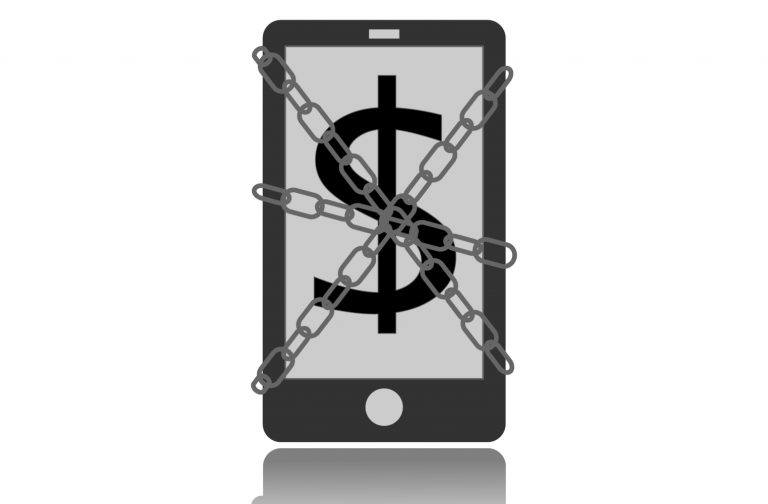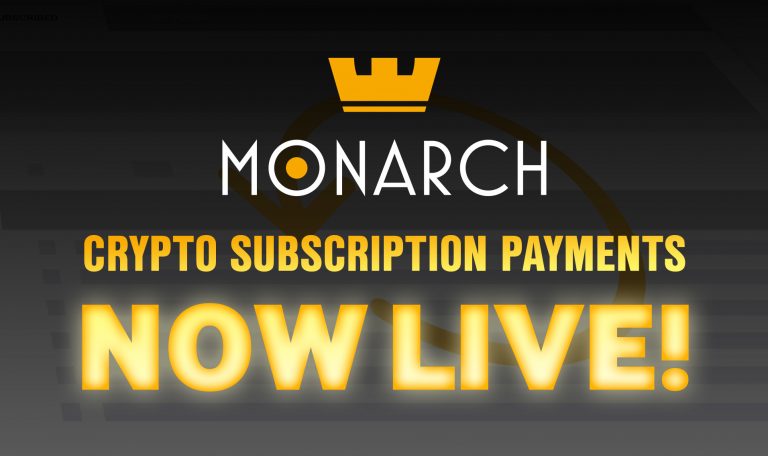2020-2-17 03:32 |
Over the past year or so, there’s one aspect in which crypto has genuinely hit the mainstream. No, we are not suddenly paying for our grocery shopping or filling the car with gas using Bitcoin and Ethereum. But as a trading and investment instrument, crypto is no longer the domain of tech geeks or the Wall Street equivalent of casino high-rollers.
Anyone can now get involved with crypto trading, regardless of experience and expertise thanks to the wealth of trading apps that are available. But for novices, in particular, that can lead to something of a Russian Roulette situation. Here are the questions you need to ask yourself to make sure you are equipped with the right tool for the job.
ChoiceWhat is it that you want to trade? A conservative trader who is only considering crypto as a small part of his or her portfolio might only be interested in the major cryptocurrencies like Bitcoin, Ethereum and Litecoin. Others might want to dig deeper.
This doesn’t just mean accessing the more exotic altcoins, however. There are even alternative ways to trade for those who are looking for more aggressive options, including CFDs, margin trading and crypto futures. Be clear about what you require from the platform before you start to investigate what it provides.
AssistanceFor novice traders in particular, a little help is useful and a lot of help is even better. Plenty of today’s trading apps offer articles, tips and even dummy accounts where you can practice without using real money.
All those things are great as far as they go, but the best thing of all is an app that will hold your hand, and even take the lead, with every transaction you make. That might sound fanciful, but it’s the precept behind the automated trading that Bitcoinsrevolution and similar platforms offer. If you’ve only half an idea what you are doing, letting the bot take charge is really the obvious way to go.
AccessibilityThe volatility of cryptocurrencies is something that needs no introduction. From a trading perspective, though, it leads to more fundamental considerations than buying and selling at the right time.
Look for a platform that has plenty of users. If you are operating in an environment where there is a large pool of traders, liquidity is never likely to become a problem. For significant platforms like the one mentioned above, that box is ticked. But be cautious if you start exploring new entrants in the marketplace.
SecurityIt’s easy to get caught up in the fact that blockchain is intrinsically secure – then forget to check the security of the trading platform itself. Obviously, this is particularly important when you are sharing personal and financial data.
Any good trading platform will take security seriously and will be not be shy in showing off its credentials, so this should be easy to check. Look for measures like bank-level SSL encryption, 2-factor authorization and round-the-clock security monitoring.
The post Questions to ask yourself when choosing a crypto trading platform appeared first on CaptainAltcoin.
origin »Bitcoin price in Telegram @btc_price_every_hour
Emerald Crypto (EMD) на Currencies.ru
|
|





















